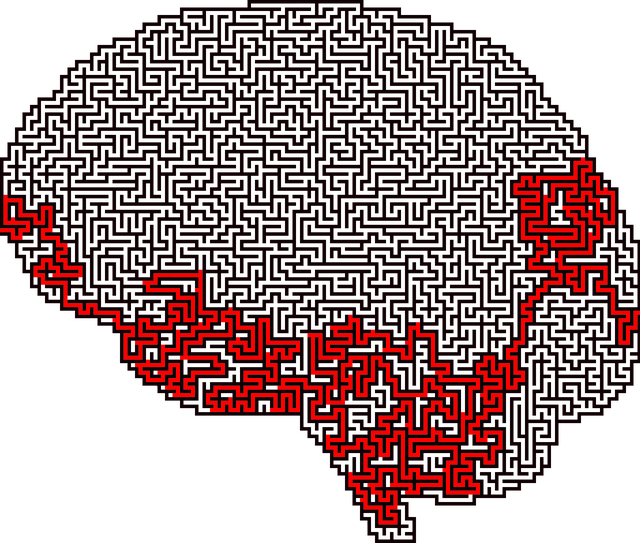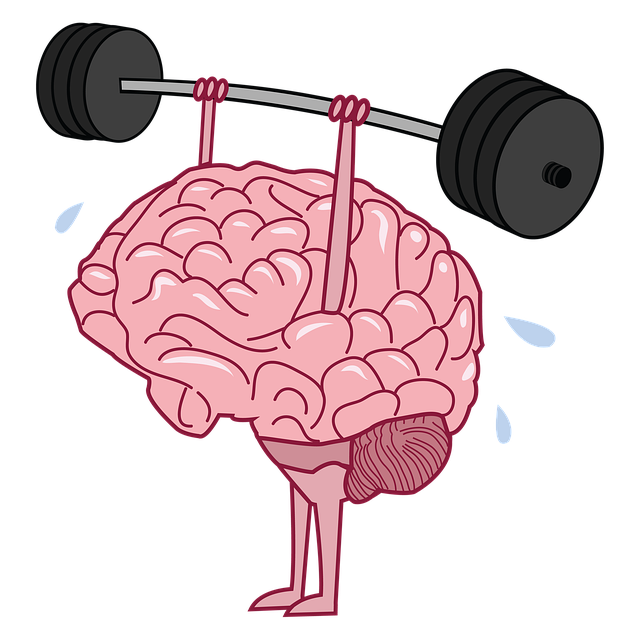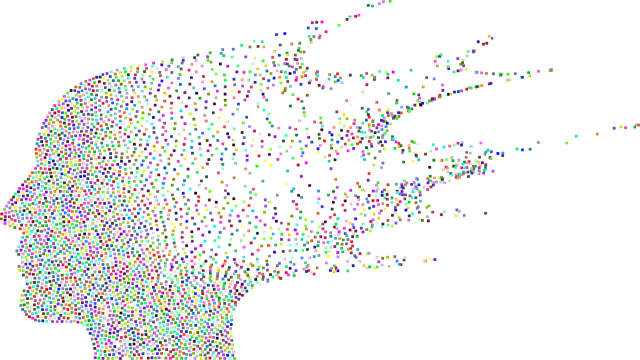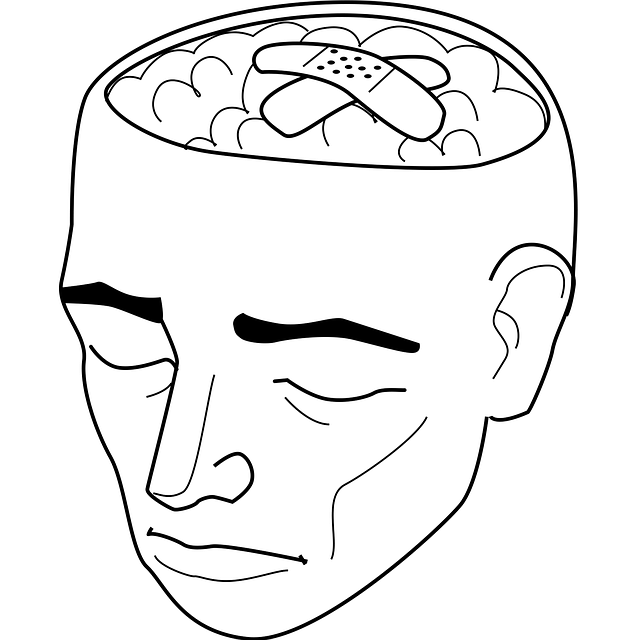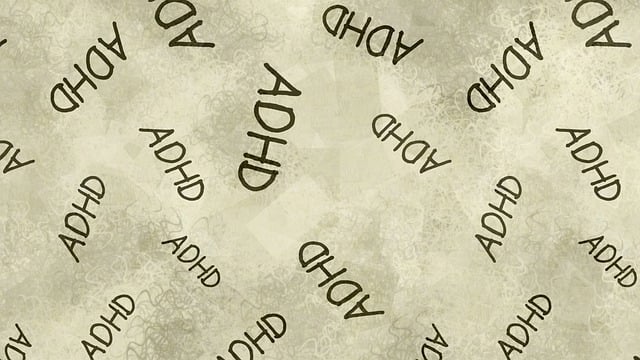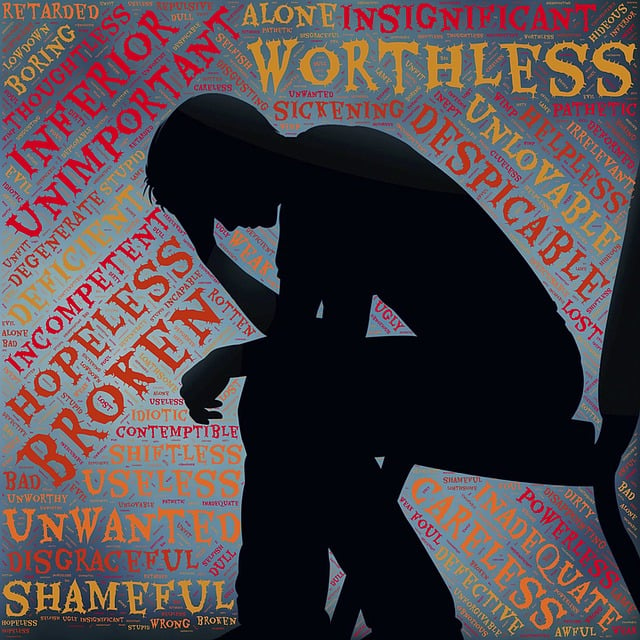Mental wellness self-assessment tools, incorporating Littleton Spiritual-Religious Issues Therapy, are key in today's world for understanding and improving emotional well-being. This approach tailors assessments to address specific concerns like stigma reduction and compassion cultivation while fostering resilience through self-reflection and insights into emotional health. By integrating spiritual or religious beliefs into therapy, these tools offer more holistic care, leading to improved patient outcomes and open conversations about mental wellness in society, as supported by Mental Health Policy Analysis and Advocacy for diverse perspectives. Effective assessments include reflective questions on faith, stress management, and self-care practices, empowering individuals to take charge of their mental wellness journey.
Mental wellness self-assessment tools play a pivotal role in individual awareness and personal growth. This article explores the development of such tools, focusing on their importance in understanding mental health and well-being. We delve into unique approaches like integrating Littleton Spiritual-Religious Issues Therapy, which offers a comprehensive perspective. Understanding the need, benefits, and best practices for creation, we also discuss implementation strategies and impact evaluation. By the end, readers will grasp the transformative power of these tools in promoting holistic mental wellness.
- Understanding Mental Wellness Self-Assessment: The Need and Benefits
- Integrating Spiritual-Religious Issues in Therapy: A Unique Approach
- Developing Effective Assessment Tools: Methodologies and Best Practices
- Implementing and Evaluating the Impact of Self-Assessment Tools
Understanding Mental Wellness Self-Assessment: The Need and Benefits

Mental Wellness self-assessment tools play a pivotal role in promoting individual awareness and fostering personal growth. In today’s fast-paced world, understanding one’s mental health is more crucial than ever. These assessments serve as valuable resources for individuals to gain insights into their emotional well-being, identify potential issues, and take proactive steps towards improvement. By encouraging self-reflection, they empower people to navigate life’s challenges with greater resilience and adaptability.
In the context of Littleton Spiritual-Religious Issues Therapy, self-assessment tools can be tailored to address unique concerns. Mental Illness Stigma Reduction Efforts often begin with self-awareness, helping individuals recognize symptoms and seek support without fear of judgment. Compassion Cultivation Practices and Emotional Regulation techniques can be integrated into these assessments to foster a sense of calm and understanding. This proactive approach not only benefits personal mental wellness but also encourages open conversations about emotional health, ultimately contributing to a more compassionate society.
Integrating Spiritual-Religious Issues in Therapy: A Unique Approach

In recent years, there has been a growing recognition of the importance of integrating spiritual-religious issues in therapy, particularly in the context of mental wellness self-assessment tools development. This approach, often referred to as Littleton Spiritual-Religious Issues Therapy, acknowledges that many individuals find meaning, purpose, and comfort through their spiritual or religious beliefs. By incorporating these aspects into therapeutic practices, mental health professionals can offer more holistic care that addresses not just symptoms but also the core values and convictions of their clients. This inclusive approach has proven beneficial in improving patient outcomes, as it allows for a deeper understanding of their struggles and strengthens the therapeutic alliance.
The integration of spiritual-religious issues goes beyond traditional talk therapy. It involves exploring how one’s faith or spiritual practices can be leveraged to enhance coping mechanisms, promote resilience, and support overall mental wellness. This might include developing Mental Wellness Coaching Programs that incorporate mindfulness practices tied to religious beliefs for effective Stress Management. Moreover, it aligns with the broader goals of Mental Health Policy Analysis and Advocacy, pushing for a more inclusive approach in healthcare systems that respects and incorporates diverse spiritual perspectives.
Developing Effective Assessment Tools: Methodologies and Best Practices

Developing effective self-assessment tools for mental wellness is a multifaceted process that requires careful consideration of various methodologies and best practices. One proven approach involves integrating spiritual-religious issues therapy, which has shown significant benefits in addressing emotional regulation and promoting holistic healing. In this context, therapists can design assessments that explore an individual’s relationship with their faith or spirituality as a key component of understanding their mental well-being. For instance, tools might include reflective questions about the role of religious practices in coping mechanisms, stress management, and overall life satisfaction.
Additionally, incorporating self-care practices into assessment frameworks is essential. Effective tools should prompt users to reflect on their current self-care routines, including physical activities, mindfulness techniques, and social connections. By assessing these areas, mental health professionals can gain insights into clients’ emotional healing processes and tailor interventions accordingly. This comprehensive approach not only ensures that the assessment is relevant but also empowers individuals to take ownership of their mental wellness journey.
Implementing and Evaluating the Impact of Self-Assessment Tools

Implementing self-assessment tools is a powerful way to encourage individuals to explore their mental wellness and take an active role in their therapy journey. These tools, often designed to assess various aspects of psychological health, can provide valuable insights for both clients and therapists. For instance, a well-structured self-assessment might uncover underlying spiritual or religious beliefs impacting one’s emotional state, which is particularly relevant in contexts like Littleton where spiritual-religious issues are prevalent in therapy. By incorporating these assessments into treatment plans, therapists can tailor interventions to address specific needs, ensuring more effective support for clients’ emotional intelligence and coping skills development.
Evaluating the impact of these tools is crucial to measure their effectiveness. Therapists can assess changes in client outcomes over time, such as improved self-awareness exercises, enhanced emotional regulation, or better coping strategies. This evaluation process allows professionals to refine their approach, adapt the self-assessment tools, and ultimately improve treatment outcomes. It also provides a means to demonstrate the value of these interventions, which is essential for both clinical practice and policy decisions related to mental wellness support.
The development of mental wellness self-assessment tools is a multifaceted process that, when integrated with innovative approaches like Littleton Spiritual-Religious Issues Therapy, can significantly enhance individual well-being. By combining established methodologies with best practices tailored to unique needs, these tools empower individuals to take an active role in their mental health. Effective implementation and evaluation ensure their impact reverberates through improved outcomes, fostering a holistic approach to care that respects diverse perspectives, including spiritual and religious beliefs.
